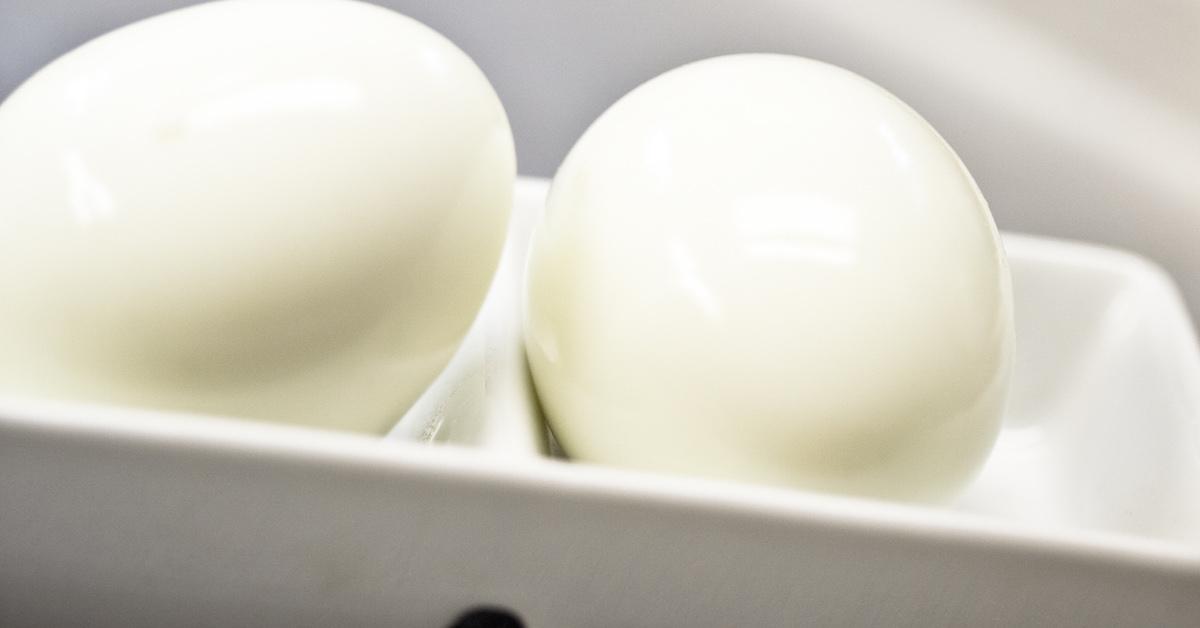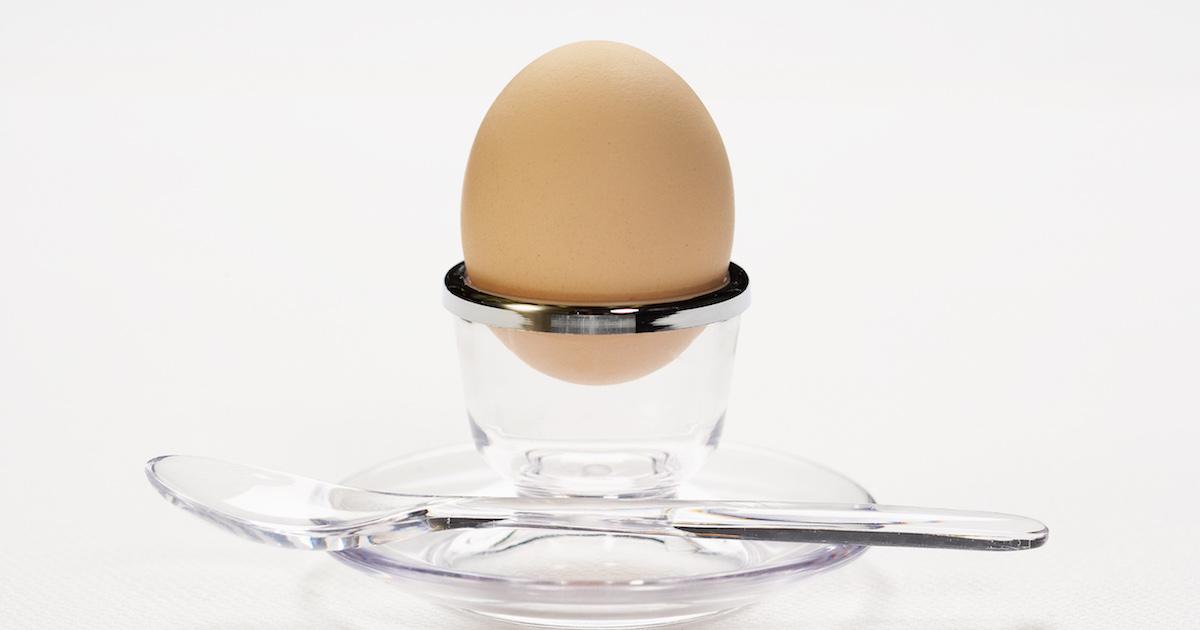Will an Egg a Day Keep the Doctor Away, or Will It Simply Raise Your Cholesterol?
One large boiled egg contains around 77 calories.
Updated July 9 2025, 12:46 p.m. ET

The doctors first told us to eat more eggs because they were a good source of protein. Then, they told us to stop eating them because they were high in cholesterol.
The dietary history of the chicken egg is storied, and modern fad diets and sustainable lifestyle trends have made it even more complicated. So, what happens if you eat boiled eggs every day?

What happens if you eat boiled eggs every day?
An egg a day is not necessarily a bad thing in terms of heart health. According to TODAY, one large boiled egg contains around 77 calories and 6 grams of protein, which can help stabilize blood sugar levels.
A study published in the American Journal of Clinical Nutrition in 2016 used evidence from another 2003 study by the British Medical Journal to determine that eating one egg a day did nothing to increase the risk of coronary disease or stroke.

Are eggs good for you?
According to Keck Medicine of USC, eggs can be a staple source of protein in any diet. They contain decent amounts of vitamins A, B5, B6, B12, D, E, and K, as well as folate, phosphorus, selenium, riboflavin, and zinc. Eggs also contain calcium, which can improve bone health.
The high levels of protein content in eggs will also help keep you full for longer and a hard-boiled egg might help keep you going throughout the day. According to Today, the antioxidants in egg yolks might even help reduce the risk of macular degeneration, cataracts, and several other age-related conditions.

Do eggs contain high amounts of cholesterol?
Eggs, specifically egg yolks, do have cholesterol. According to Keck Medicine, a single egg yolk contains 186 milligrams of dietary cholesterol — that's a lot. Those with naturally high cholesterol should of course be wary of any foods containing significant amounts of the stuff.
Conversely, according to a study in The New England Journal of Medicine, eating two hard-boiled eggs daily increased the risk of heart attack and stroke. This is because egg yolks contain lecithin, a fat that contributes to the formation of trimethylamine N-oxide (TMAO), which can lead to those heart conditions.

It's also important to note the ingredients in eggs that are not present on nutrition labels, such as the hormones and antibiotics that hens are given, and pass onto their eggs. Not to mention, the ethical and environmental implications of the egg-laying industry is enough to convince anyone to opt for a plant-based or vegan egg instead.
There are vegan, cholesterol-free alternatives to eggs.
To avoid the cholesterol that comes from eggs, as well as the environmental impact that comes with supporting the egg industry, you can always opt for vegan eggs. They've come pretty far, with brands like Just Egg and Nabati Plant Eggz making for delicious substitutes.
Ultimately, it seems as though the jury is still out on the total health impact of daily egg consumption. Nevertheless, it's always best to consult your doctor before incorporating any unfamiliar foods into your diet, especially if you already have a persistent medical condition such as high cholesterol.